For over a decade, there has been talk of Mobility as a Service (MaaS), the bringing together of multiple transport solutions to provide a complete and integrated travel solution that is connected, low carbon and enables all to have equal access. That is, sadly where MaaS has remained… little more than talk.
We have an HS2 project, which whilst it promises great things has caused tremendous harm in its creation and the massive overspend could not just be lost in the roundings, by the accountants.
Integrated transport is a monster to wrestle, but it is a challenge we must meet head on. With commercial bus services disappearing from rural routes, due to lack of use and increased costs, the existing market lead model simply does not work. Train services are as poor as at any time in my life, including when they were in public ownership. Cycling accounts for little more of all the journeys we undertake outside of London, than it did a decade ago, despite increased funding and endless campaigns to promote it.
The question remains, where is there a fully integrated transport strategy for the UK?
Electric vehicles are amazing but simply by changing out petrol and diesel vehicles for electric won’t solve our problems. With over thirty three million vehicles on the road in the UK, congestion will remain crippling in our big towns and cities, no matter what propels us.
We need a bold vision, increased funding and for commercial interests to play second fiddle to transport equality.
The German government has just announced a €49 “go anywhere” train ticket, intended to cut CO2 emissions and help people with the cost of living. The 2023 one-month ticket will cover all but the fastest trains, plus U-Bahn and S-Bahn networks in the cities. It also includes trams, most buses and even ferry services on the River Elbe in Hamburg.
While the ticket does not cover intercity expresses, any journey across Germany is possible using slower regional express trains. The deal is open to all, regardless of nationality, and there is no need to book in advance.
The move follows a summer 2022 experiment of offering a €9 access-all-areas ticket for each of June, July and August. The deal worked out at 25p per day. The price was pitched so low that the ticket paid for itself on a single short journey.
It proved so popular that many trains became extremely crowded, especially at weekends. As news of the deal spread, German Railways warned passengers: “If you are returning home after a trip, do not wait until the last train as it is likely to be very busy.”
Meanwhile, in the United Kingdom, the next series of national rail strikes are well underway halting most trains on 5, 7 and 9 November. More will almost certainly follow.
There are times when I despair. Perhaps it is time for us to forget Government are little more than an irrelevance. They have no ideas, seemingly endless resources when it suits them, that are poorly administered anywhere above Watford.
Electric vehicles need to be part of a transport ecosystem that focuses on getting people out of cars where possible, onto public mass transit solutions and leaves the roads for those that truly need to use it. We need trains and buses with connected timetables that recognise the importance of speedy delivery of people and things to their destinations without undue delay.
In life, there is nothing more precious than time. Transport is a necessary way to enable us to spend our time doing the things that matter. Without effective transport solutions, for all, we will return to the isolation provided during Covid and that cannot be right.
Time becomes even more valuable if we are waiting in a long queue, stuck on a busy motorway or stranded in a remote part of our great land. We are wasting an opportunity to do more productive things, in our chosen location.
Good clean transport is a basic human right.


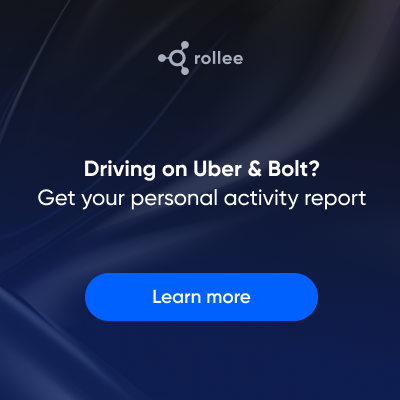
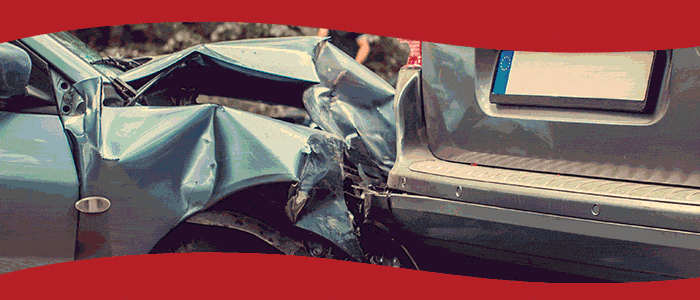


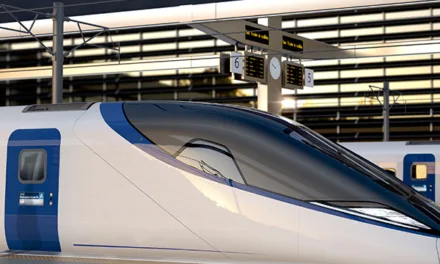




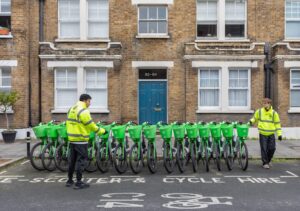



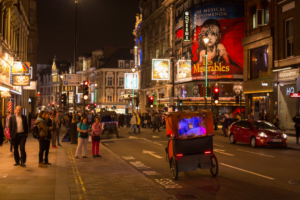
Leave a Reply